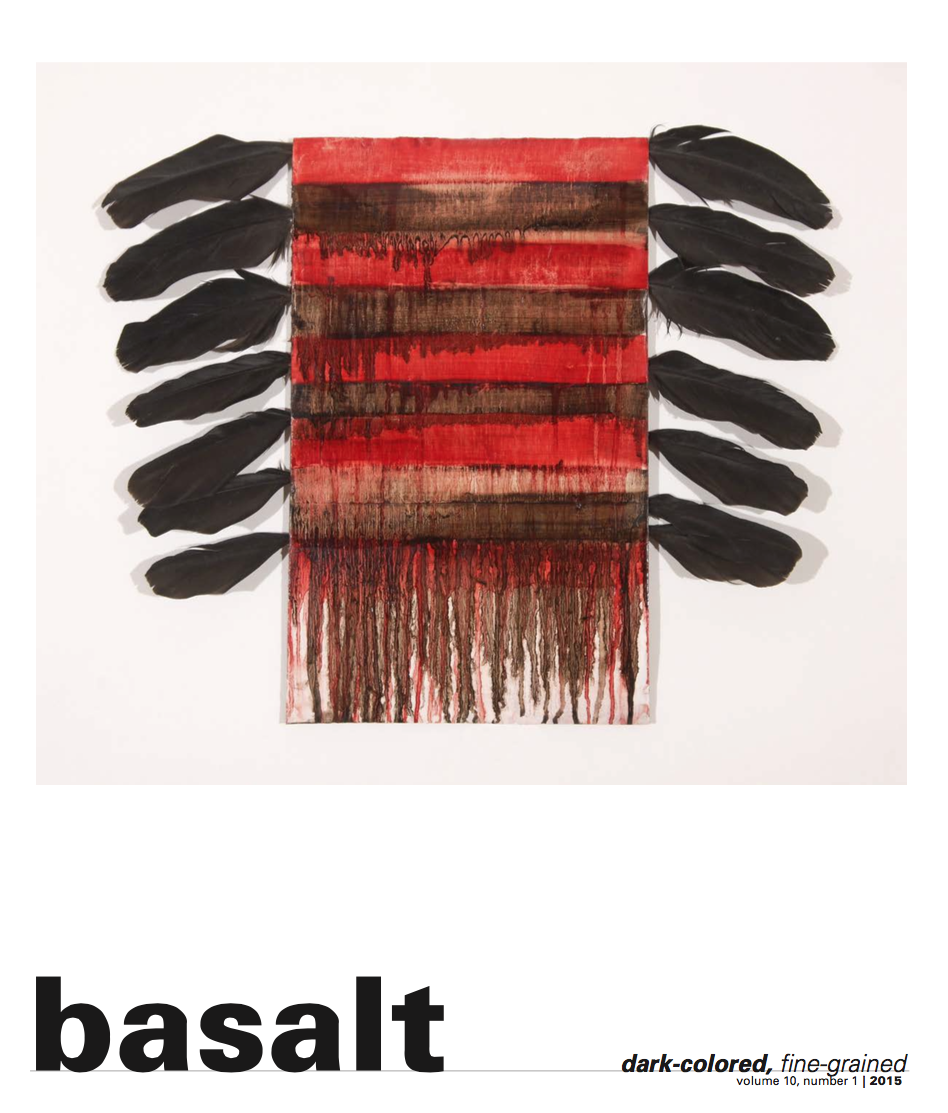Review of At Home by Ted Kooser
Comstock Review Press, 2017. $14
by James Crews
Ted Kooser’s latest chapbook, At Home, might as well be called, At Home in the World, since even this abbreviated collection of poems shows a writer fully comfortable not only with himself, but also with his place in rural America. For decades now, Kooser’s Nebraska has become a kind of second home to readers. This familiarity is due in no small part to the clarity and precision of his accessible lines, which render the local universal. Kooser’s evocations of the Great Plains bear a striking similarity to Nobel Laureate Seamus Heaney’s masterful renderings of his own County Derry in Northern Ireland. I know of no other contemporary writer who brings his place and time so strikingly alive, with so few words, and without a whiff of pretension.
Kooser portrays a simple and meditative life in which there seems to be time to notice everything, and a kind of stillness resides at the heart of each poem in At Home. In his world, even the sudden passing of a school bus becomes an occasion for “wonder” that transports the poet back to his own days as a schoolboy:
In wonder I stand by the road
as the bus rumbles past, wearing
a kiss from my mother, my plaid cap
with earflaps snapped under my chin . . .
Kooser’s razor-sharp observations can also force the most cynical and rushed readers to pause with a jolt of smiling recognition. Whether he’s describing that same school bus, which “makes an odd thump, / like a door blowing shut,” or giving us a barred owl that “hoots, but softly, like a man calling out / from a dream,” we see pieces of our own lives constantly in his work. The certainty that someone is still out there seeing clearly each day, speaking the truth as he knows it, and making the seemingly ordinary transcendent and beautiful, provides one with a sense of steadiness greatly lacking in most contemporary literature, and in our culture as a whole. In fact, given our current political upheaval, I have found myself re-reading Naomi Shihab Nye’s poem, “Ted Kooser Is My President,” written during the administration of George W. Bush, when Kooser also served as U.S. Poet Laureate. In that poem, Nye writes: “His deep assurance comforts me,” and perhaps that sure voice, with its slower cadences, is precisely why I have found myself turning again and again to this chapbook in the past few weeks, wishing for a leader as calming and reassuring as the man who guides us here.
Though Kooser’s work has never alluded specifically to meditation or Buddhist teachings, while reading these poems, I was nevertheless reminded of a Tibetan word that I recently came across: drala, which roughly translates as “the magic found in an everyday perception.” The meditation master, Chogyam Trungpa, explains it this way in his book, Shambhala: The Sacred Path of the Warrior: “Drala is the unconditional wisdom and power of the world beyond any dualism . . . it is wisdom beyond aggression. One of the key points in discovering drala principle is realizing that your own wisdom as a human being is not separate from the power of things as they are.” Through his many years of devotion to poetry as a practice, Kooser seems to have uncovered this “wisdom” for himself, and it’s our good luck that he is always finding ways to invite us into his own moments of quiet delight. We discover “the power of things as they are” when we pause long enough to see how something works or how it is put together. I have always admired the way Kooser does this, making a plain object shimmer on the page, whether a jar of buttons, an old lantern, or a barn door, of which he says:
It’s a heavy red curtain, sagging a little,
made of tongue-and-groove one-by-fours
fitted together and hung by two rollers
from a track bolted over the opening . . .
In this welcoming world, even the sighting of a cracked croquet ball can be a cause for celebration and contemplation:
. . . And perhaps it is
a planet, and not even one of the lesser ones
but something worth our full attention,
and I, while passing through this life,
wheeling my lawnmower into the shadows,
have been the first to see it waiting there.
The poems in At Home, and those in his recent collections, Delights & Shadows (2004) and Splitting an Order (2015), argue that if we see the things and people in our lives, no matter who or what they might be, as worthy of “our full attention,” then we find a world within the world which we can inhabit at any time. This news is needed now more than ever when so many of us find ourselves constantly consumed with a distasteful political drama playing out like a reality TV show on the stage of our country’s highest office. Kooser’s poems grant us permission to turn away from distractions and watch, for instance, as dusk fades into fuller night, to notice “a cicada shell/left burning with an amber glow” on a tree, or a doe with her fawn whose “spots, one by one, go out.” Who else could so consistently unearth such moments of everyday magic, pointing out those plainer miracles always at hand?
